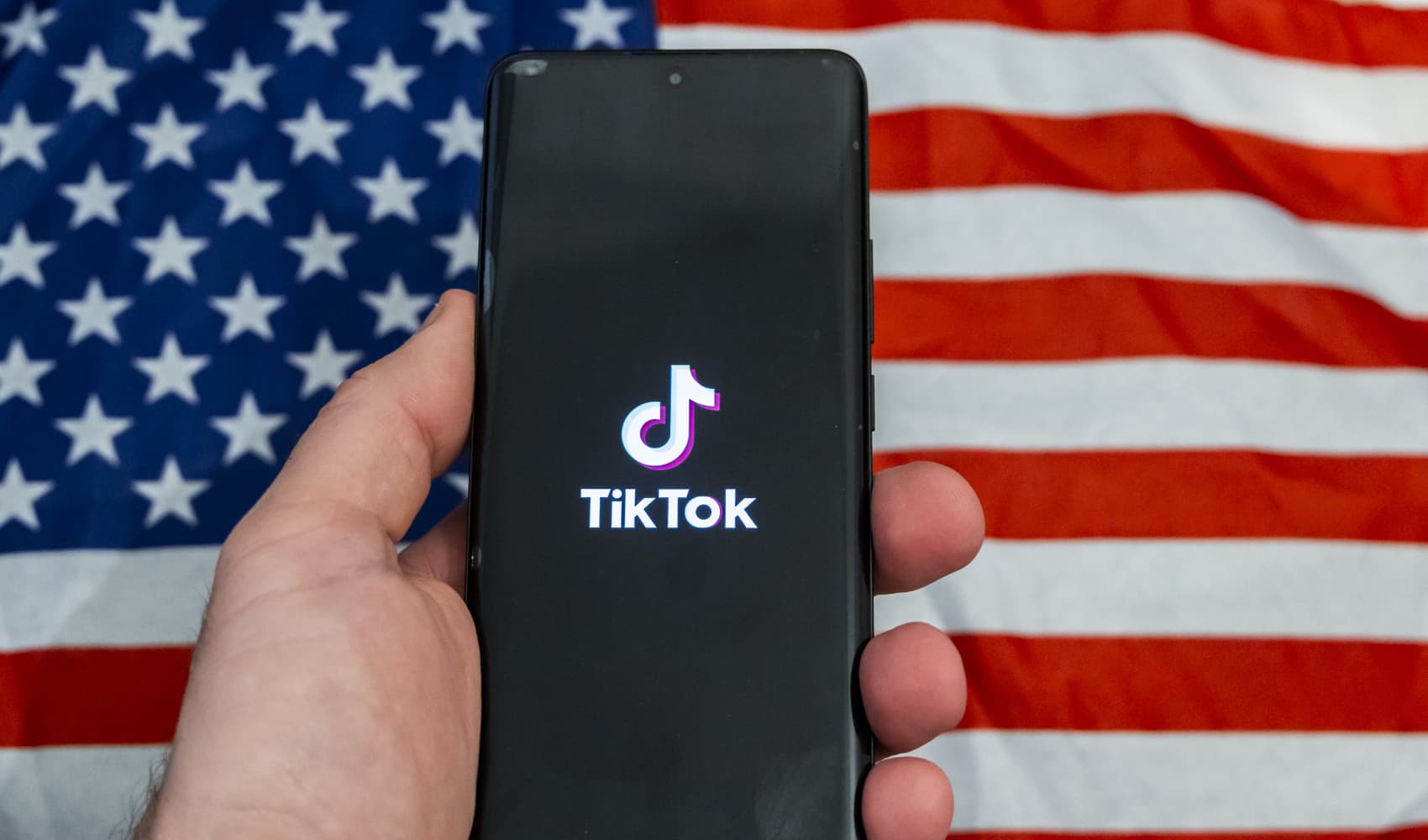
You have until Dec. 31 to make 3 moves to lower your 2024 taxes
As the end of the year approaches, everyone's minds are on the same things: family, togetherness, taxes, peace on Earth and resolutions for the new year.
Wait, how did taxes get in there?
No one wants to think about taxes at the end of the year, but remember: Even though you don't have to file until April, your taxes are calculated based on what you did between Jan. 1 and Dec. 31 of this year. So if you want to make any moves to trim your bill, you have until next Tuesday to do it.
There are plenty of steps you can take now to make life a little easier come tax time. And they're not just for the sort of people who have to make sizeable charitable contributions to offset their millions in income.
Get top local stories in Southern California delivered to you every morning. Sign up for NBC LA's News Headlines newsletter.
Here are three popular moves you shouldn't overlook, regardless of your income level.
1. Boost your 401(k) contribution
You have until Dec. 31 to make 2024 contributions to a workplace retirement account, such as a 401(k). (If you have an individual retirement account, don't sweat it — you can contribute retroactively up until April 15.)
Money Report
Money you contribute to traditional (i.e. not Roth) plans is shielded from income tax in the year you make the contribution. That means you can subtract any money you put in between now and the end of the year from your 2024 income. This year, you can stash up to $23,000 in a 401(k), plus an additional $7,500 if you're 50 or older.
2. Harvest losses
A wide variety of investments have done well this year, and if you sell any that you own in a taxable account — such as a brokerage account — you'll owe capital gains tax on your profit.
But maybe you had some losers, too. If you sell an investment at a loss, the IRS allows you to use that loss to offset gains and income in a strategy known as tax-loss harvesting.
The rules can get a little tricky, so it pays to talk to a professional. But in general, you start by using losses to offset "like" gains (anything you've held for less than a year is a short-term gain or loss; anything else is long-term). After that, excess losses can be used to offset the opposite kind of gain.
Then, if your losses still exceed your gains, you can use up to $3,000 of your net loss to negate ordinary taxable income. Any additional negative money you have left can be rolled over into the following tax year.
It's a sound strategy if you have a specific gain you want to offset, says Robert Dietz, national director of tax research at Bernstein Private Wealth Management. But don't sell a lagging investment just to get the tax break.
"The key message is you shouldn't just be tax-loss harvesting to tax-loss harvest," he says. "Unless I have a need for that loss, either this year or in the very near future, you're really not gaining any immediate benefit, and in fact, I'm kind of limiting my options going forward."
3. Take advantage of credits
If you're already planning to make some major purchases around this time of year, don't overlook tax credits associated with certain items, such as a new car or home renovation.
If you make energy efficient home improvements, for example, you can qualify for a tax credit of up to 30% of qualified expenses, including home energy audits, exterior doors, windows and skylights, and various types of HVAC equipment. Certain monetary limits apply to different types of expenses.
Or, say you're one of those people who surprises their spouse with a car on Christmas — big bow on it in the driveway and everything. Remember, there's a tax credit for buying a qualified electric vehicle — up to $7,500 for new EVs and $4,000 for used ones.
But as is the case with tax-loss harvesting, you shouldn't go out of your way to buy something just to claim a credit on your taxes, says Ryan Losi, a certified public accountant and executive vice president with Piascik.
"Buy something because you wanted to buy it anyway, and the credit makes it a better deal," he says. "I'm not going to do a repair or an install just because there is a credit. That's not a very economical way to look at things. But if someone would still want to do it regardless? Great."
Want to make extra money outside of your day job? Sign up for CNBC's online course How to Earn Passive Income Online to learn about common passive income streams, tips to get started and real-life success stories.
Plus, sign up for CNBC Make It's newsletter to get tips and tricks for success at work, with money and in life.



